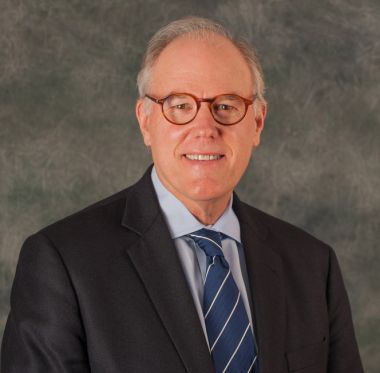Introduction
A funny thing happened a week ago when a corporate spokesman slammed one of our excellent reporters via Twitter, labeling him “lazy and unethical.” Ed McFadden of Verizon later apologized for his “rude comment that was unbecoming of me.”
At the end of the day, this PR person did The Center for Public Integrity a favor with his name-calling and apology — he simply drove more Web traffic our way.
It began when Senior Reporter Allan Holmes, who covers broadband and Internet governance, was working on an investigation into corporate concentration in the wireless communications industry. Not surprisingly, the biggest firms are seeking to gain even more control of wireless spectrum. Holmes, who joined the Center from Bloomberg News, naturally sought to obtain interviews and information from the industry’s biggest players, Verizon and AT&T, in response to his findings. The companies stonewalled him.
Holmes made more than six attempts over two months to get comments from these companies, but ultimately Verizon and AT&T didn’t respond to his interview requests. When spokesmen for these companies responded to Allan’s written questions, they gave general statements that were entirely unresponsive to the specific questions being asked.
Despite that unresponsiveness, The Center for Public Integrity went ahead and published its investigation Friday morning, March 21st, under the headline: “Wireless companies fight for their futures: A rare auction of valuable frequencies has sent the big four carriers on a lobbying spree that may determine who controls your cell phone.” The report was posted on the Center’s own website and picked up by Slate and others.
It was an important story for several reasons. The spectrum that’s up for sale is highly coveted because it allows transmissions to travel long distances, penetrate buildings and results in fewer dropped calls and connections. Good spectrum is crucial for wireless companies to attract customers who are sending an ever-increasing amount of information to smartphones and computer tablets.
The four biggest carriers together spent $37.3 million in 2013 trying to influence lawmakers and the FCC, even though the auction was still more than a year away. AT&T and Verizon have spent about four times as much as T-Mobile and Sprint. Again, AT&T and Verizon didn’t reply to repeated requests to comment on their spending on spectrum lobbying.
McFadden, Executive Director of External Communications at Verizon Communications, was among those who hadn’t responded to Allan’s multiple interview requests and written questions. Nevertheless, after our report was published, he tweeted “This happens when a lazy and unethical reporter writes with something other than his crayons.”
Enter John Dunbar, Allan’s Managing Editor. Dunbar had a conversation with McFadden, which led to his apology. By all accounts, this was a robust conversation, in which McFadden’s tweet was described as slanderous. McFadden seems to have agreed, or at least thought more carefully about what he had written.
By mid-afternoon, he tweeted: “I apologize to [Allan Holmes] for referring to him as ‘lazy and unethical,’ a rude comment that was unbecoming of me.”
JIMROMENESKO.com, one of the best major blogs about the media, wrote about the Verizon Tweets, and that, too, drove even more traffic to the original story.
Soon, more media organizations were picking up the original report and the story of the tweets, and Web traffic grew even further. The auction spectrum report was given a boost on Digg.com and traffic swelled. Within the next few days, it became the hottest item on our website. Thank you, Verizon.
Although the big wireless companies don’t like it, the accuracy of our reporting has not been called into question. Name calling is a technique, an often-practiced form of ridicule, employed to mislead or overwhelm the facts at hand. This time, name calling didn’t work. The facts are the facts as we reported them. Thank you Allan Holmes and John Dunbar.
We are planning further reports on the costly and increasingly concentrated wireless industry.
Until next time,
Bill

Join the conversation
Show Comments